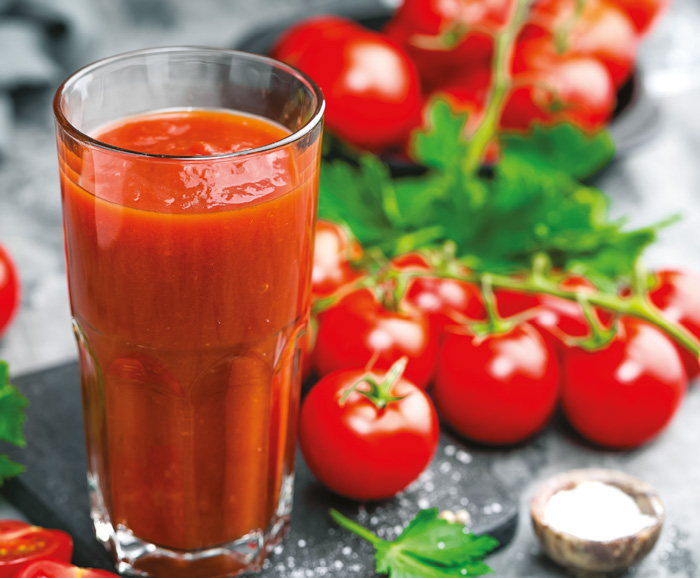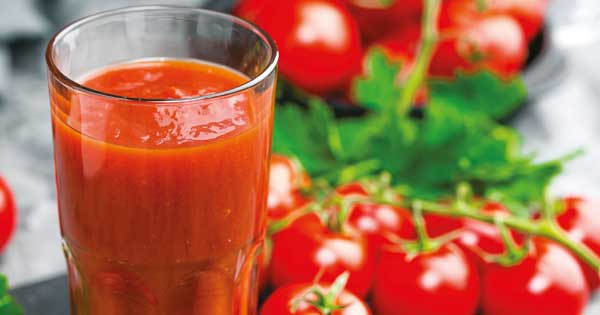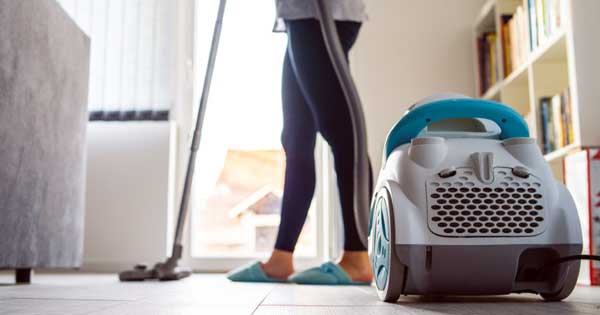WEIGHT LOSS

17 WOMEN TRANSFORMING THE TECH INDUSTRY
July 3, 2020
THE BEST BLUETOOTH PORTABLE SPEAKERS
July 3, 2020MYTHS ABOUT LIQUID DIETS
BY Andrea Melisa
Angie De Silva
ACE Certified PT, Exercise Nutrition Pn1
Social media and celebrity endorsements have ensured that liquid diets, cleansing and detoxing are popular today. But Angie De Silva cautions that “this is not evidence based. Some of these are endorsed by quack doctors and nutritionists. Liquid diets are often used as a quick fix – a shortcut that promises magical results.”
Here’s what else she has to say on the subject…
Q: Popular liquid diets have online testimonials that claim quick weight loss. Are these true?
A: Juice diets like ‘the master cleanse’ or ‘lemon-cayenne pepper diet’ include drinking six to 12 glasses of fresh lemon juice, cayenne and maple syrup mixed with water for about 10 days, and consuming nothing else.
Depriving your body of solid food turns it into a calorie deficit, which will inevitably result in weight loss. But the negative effects of such a diet are many.
Q: Can you maintain the weight lost from a liquid diet once you’re back to consuming solid food?
A: Gaining more weight than you lost in the first place is a common occurrence as most people have a tendency to overeat after ending a very restrictive diet.
Your body craves food, and you overeat to compensate for the calories and nutrition that it was deprived of in the liquid diet phase.
Q: How about claims that liquid diets will cleanse our systems and make us healthy…?
A: Liquid diets try to appeal to those looking to lose weight but they also prey on healthy individuals who want to cleanse their bodies.
However, the kidneys, liver and lungs do a pretty good job of excreting and eliminating all the toxins that the body can’t handle. In reality, liquid diets don’t help in detoxification.
Q: What if one consumes solid food in liquid form – such as by blending a whole meal?
A: Theoretically there’s nothing wrong with that as long as you’re consuming adequate carbs, protein, fat, calories, micronutrients and so on.

Q: So what’s the bottom line with liquid diets?
A: The only way to safely lose weight and maintain weight loss is by following a smart sustainable meal plan.
In fact, the only time a liquid meal would be useful is if it’s part of an already well-balanced diet such as a protein shake or smoothie to complement a busy lifestyle and help sustain good nutrition in the long term.
FACTS
- Liquid diets usually lack adequate essential nutrients, which makes them risky and difficult to sustain
- Such diets don’t replicate the food matrix effect, which is how the structure and nutrient content of food interact with each other
- Drastically low calories may also slow down metabolism due to processes such as adaptive thermogenesis and relative energy deficiency
- Liquid diets lack fibre, which is partly responsible for the feeling of satiety – as a result, a laxative regime is usually implemented to counteract constipation during a liquid diet, which could eventually start depleting electrolytes, wreak havoc on your intestines and lead to dehydration








